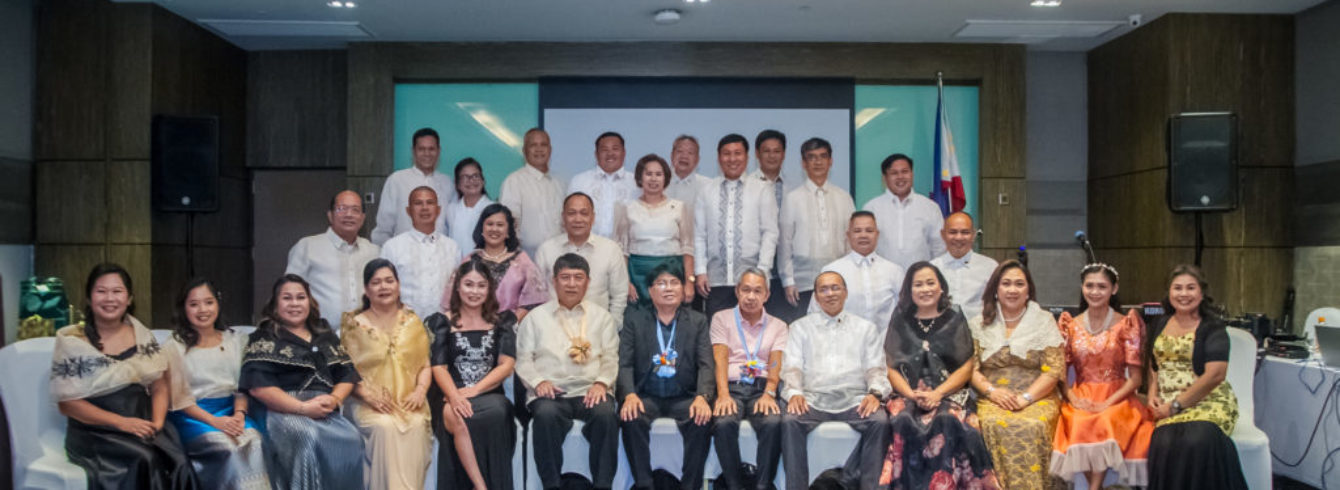The association was organized on March 13, 1980, when the National Pollution Control Commission, together with the Philippine Women’s University, the Philippine Society of Chemical Engineers, Cebu Chapter, and the United Nation Environment Programme, held its first seminar, entitled “ The Pollution Control & Environmental Management”, at the Hotel Mercedes, Cebu City, on March 11-14, 1980. This seminar was attended by 86 participants representing various industrial establishments/ companies in Regions 7, and some government officials from the local government sectors. It was the NPCC, Manila, i.e., ex-Commissioner Guillermo Pecache, and ex-Deputy Commissioner Bienvenido Garcia and his staff of engineers who suggested in this gathering that an association shall be formed so that in the next seminar it will be easier for them to reach the participants. As it can be seen now, there is a PCAPI Organization or its equivalent in every region of the country.
- NAME OF ORGANIZATION
Pollution Control Association of the Philippines, Incorporated – Region 7 - TYPE OF ORGANIZATION
Pollution Control Association of the Philippines, Incorporated – Region 7 - FOUNDED
1980 - SEC REGISTRATION
1994 - STRENGTH OF ORGANIZATION
200 active members and 16 Board of Trustees

